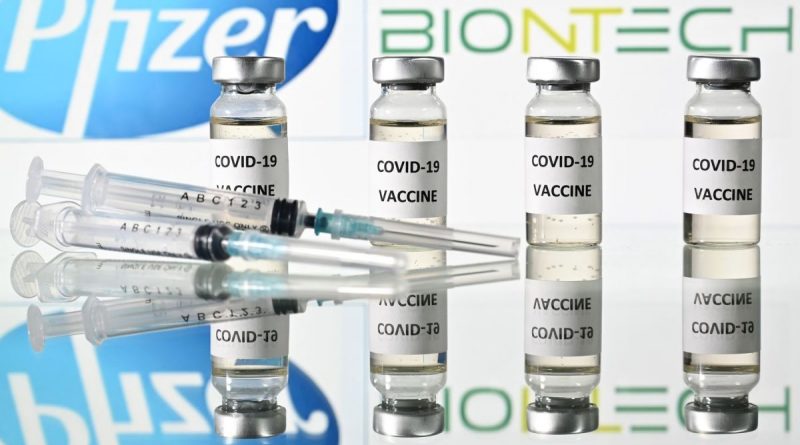BioNTech and Pfizer announce positive results of vaccine trials in children ages 5-11
BioNTech and Pfizer announce positive results of vaccine trials in children ages 5-11
The German company BioNTech, which together with its American partner Pfizer has developed a vaccine against Comirnaty coronavirus, reported positive results of clinical trials of the drug among children aged 5 to 11 years. This is said in a joint statement issued by the companies on Monday.
“Pfizer and BioNTech announced today the results of a Phase 2/3 study demonstrating a favorable safety profile and sustained neutralizing antibody responses in children aged 5 to 11 years using two doses [of the vaccine] of 10 mcg administered at 21-day intervals, a smaller dose than the 30 mcg dose used for those 12 years and older,” the statement stressed. It also indicates that antibody titers in participants who received 10 mcg doses were comparable to those in the 16- to 25-year-old group immunized with 30 mcg doses.
It is specified, however, that the 10 µg dose was carefully selected as the preferred dose with respect to safety, tolerability, and immunogenicity in children 5 to 11 years of age. The results are based on a phase 2/3 study of 2,268 children aged five to 11 years. The vaccine, the company assured, demonstrated strong immunogenicity among children one month after the second injection. In addition, participants showed good tolerance to the drug with side effects that were generally consistent with those seen in 16- to 25-year-olds.
“Over the past nine months, hundreds of millions of people aged 12 and older worldwide have received our coronavirus vaccine. We are committed to expanding the protection provided by the vaccine to this younger age group, subject to regulatory approval, especially as we monitor the spread of the delta variant and the significant threat it poses to children,” noted Pfizer CEO Albert Burla. “These trial results provide a solid basis for approval of our vaccine for use in children five to 11 years old, and we plan to submit them to the FDA and other regulatory agencies as a matter of urgency,” he concluded.
The first results of studies of the drug in two other age groups – children from two to five years and babies from six months to two years – are expected in the fourth quarter of this year, the company explained.
